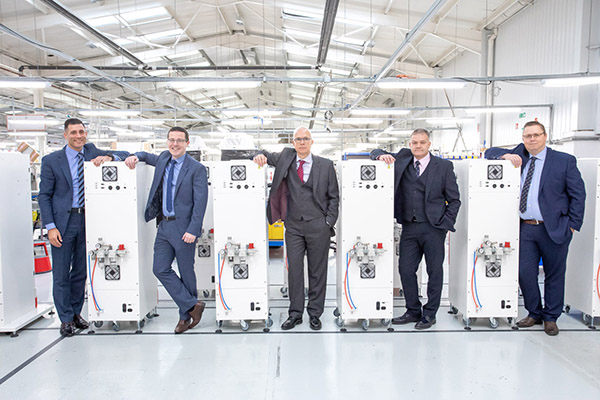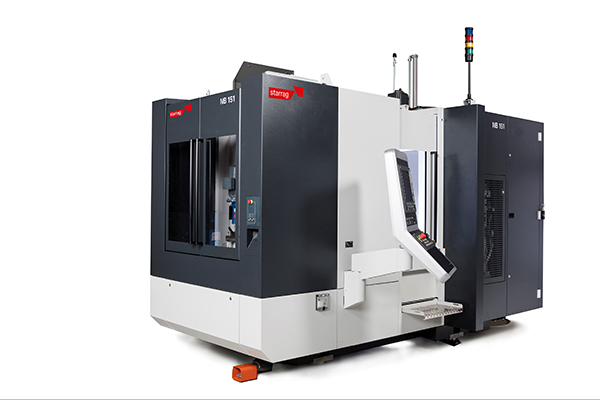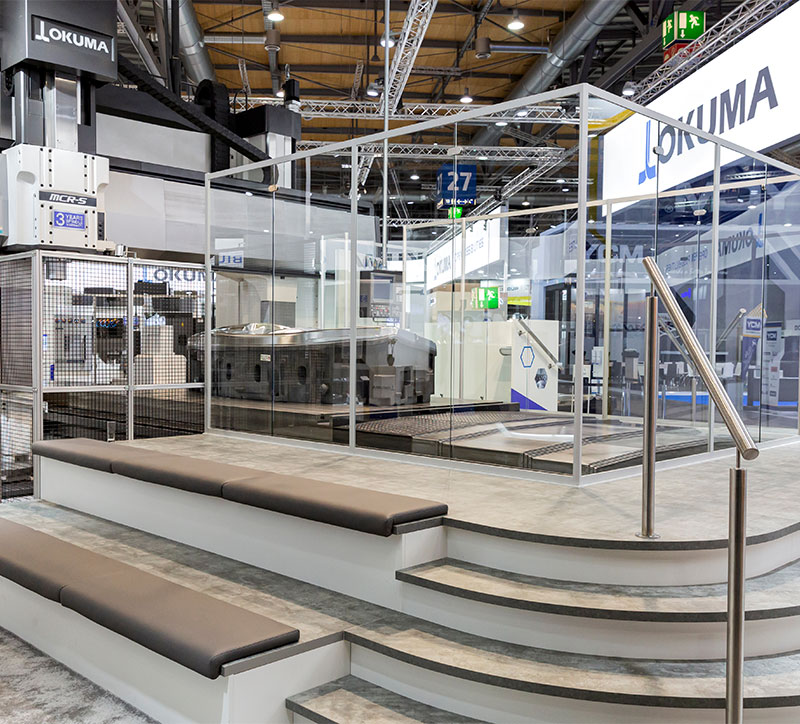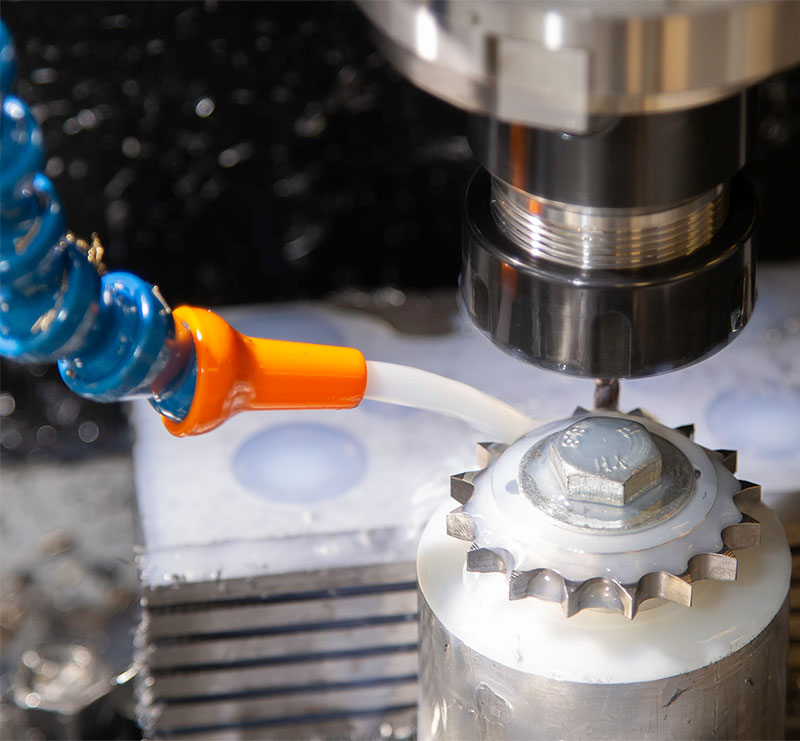PP Control & Automation is on course for a record year after increasing annual sales to £26 million, just 12 months after attracting investment from Ardenton Capital.

The strategic manufacturing outsourcing specialist has seen demand for its solutions continue to rise against a backdrop of economic uncertainty, with the West Midlands-based firm now working with over 25 of the world’s largest machinery builders.
Now employing more than 220 people at its 5500 sq m facility, PP C&A delivers added-value design, engineering and complex assemblies to clients involved in aerospace, food processing, machine tool, packaging, printing and other advanced technologies. With renewed financial backing from the Canadian-based investor, PP C&A has added £3m of turnover in the past 12 months, and is now exploring the possibility of future acquisitions and a joint venture to establish a manufacturing footprint in North America.
For further information www.ppcanda.com























